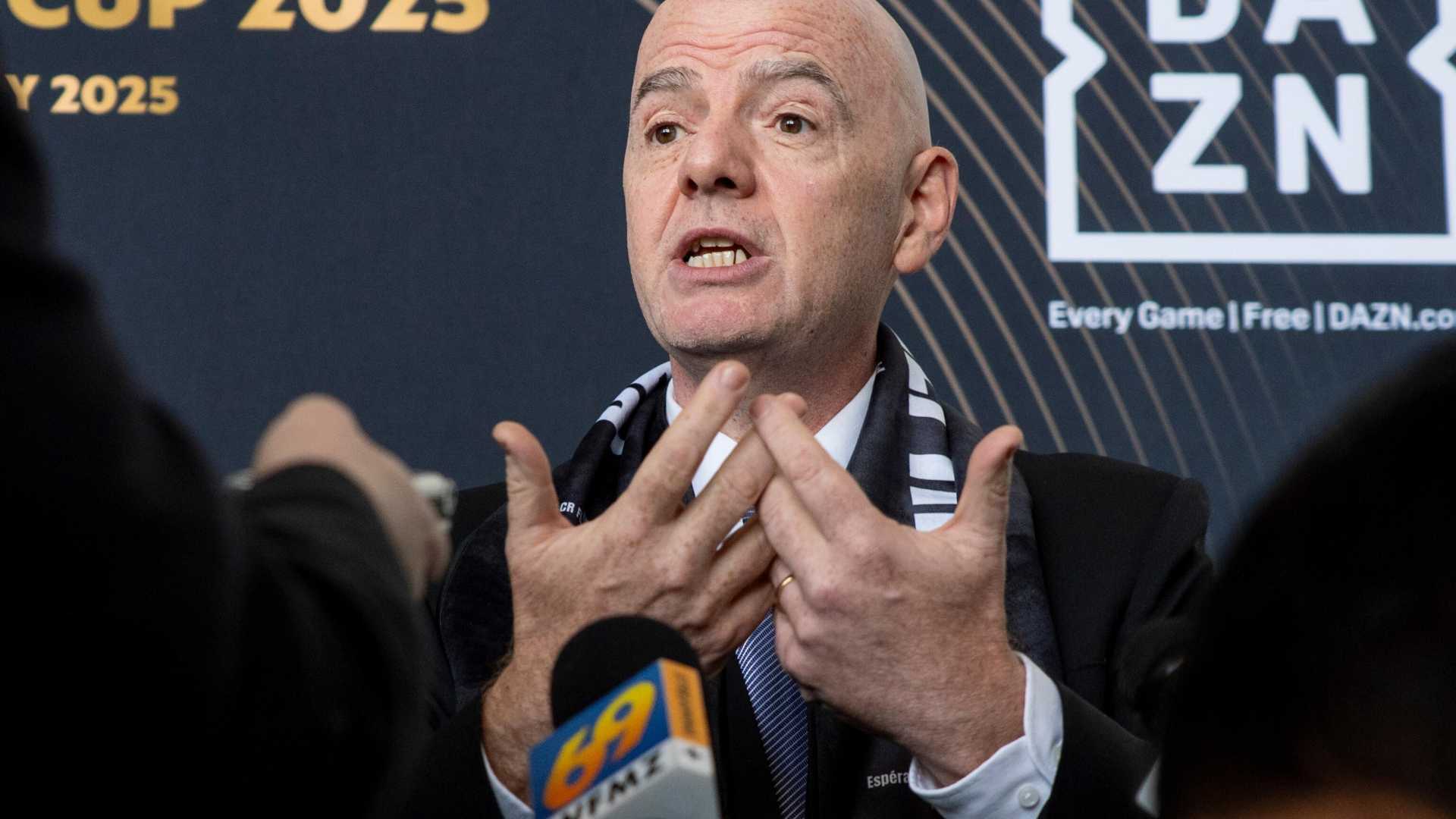Sports
FIFA and Players’ Unions Reach Agreement on Mandatory Player Rest

Zurich, Switzerland – FIFA and international players’ unions have come to an agreement on mandatory rest periods for soccer players amid growing concerns about player burnout. This breakthrough was reached during a meeting in New York between FIFA President Gianni Infantino and representatives from global player unions.
The agreement stipulates that players must have at least a 72-hour rest period between matches and a minimum of 21 days off at the end of each season. FIFA stated that this measure is essential to safeguard player health, which has become a top priority for the organization.
Infantino highlighted the importance of player welfare during these discussions. He stated, “There is a consensus that there must be at least 72 hours of rest between matches.” FIFA’s statement also emphasized that the management of rest periods should take into consideration each club’s match calendar and applicable collective agreements.
The talks took place just before the Club World Cup final between Paris Saint-Germain (PSG) and Chelsea, adding to the urgency of addressing player safety as the tournament has been conducted during the European offseason.
The new rules may complicate scheduling for leagues, especially in Europe. Clubs participating in competitions like the UEFA Europa League typically face tight turnarounds. A strict 72-hour break could mean shifting schedules and possibly challenges with current broadcasting agreements, particularly in leagues like the German Bundesliga, which has had its share of scheduling controversies.
FIFA acknowledged that player travel, especially for long-distance matches, and the climate in which games are played will also be factors in future policy-making regarding the International Match Calendar (IMC).
This agreement comes after FIFPRO, the global footballers’ union, and other regional unions filed a lawsuit against FIFA earlier this year, arguing the organization abused its position by expanding the fixture calendar without proper consultation with players’ groups.
As FIFA introduces new structures to better support players, the conversation about balancing club and international football continues, aiming to create equitable playing opportunities globally.












